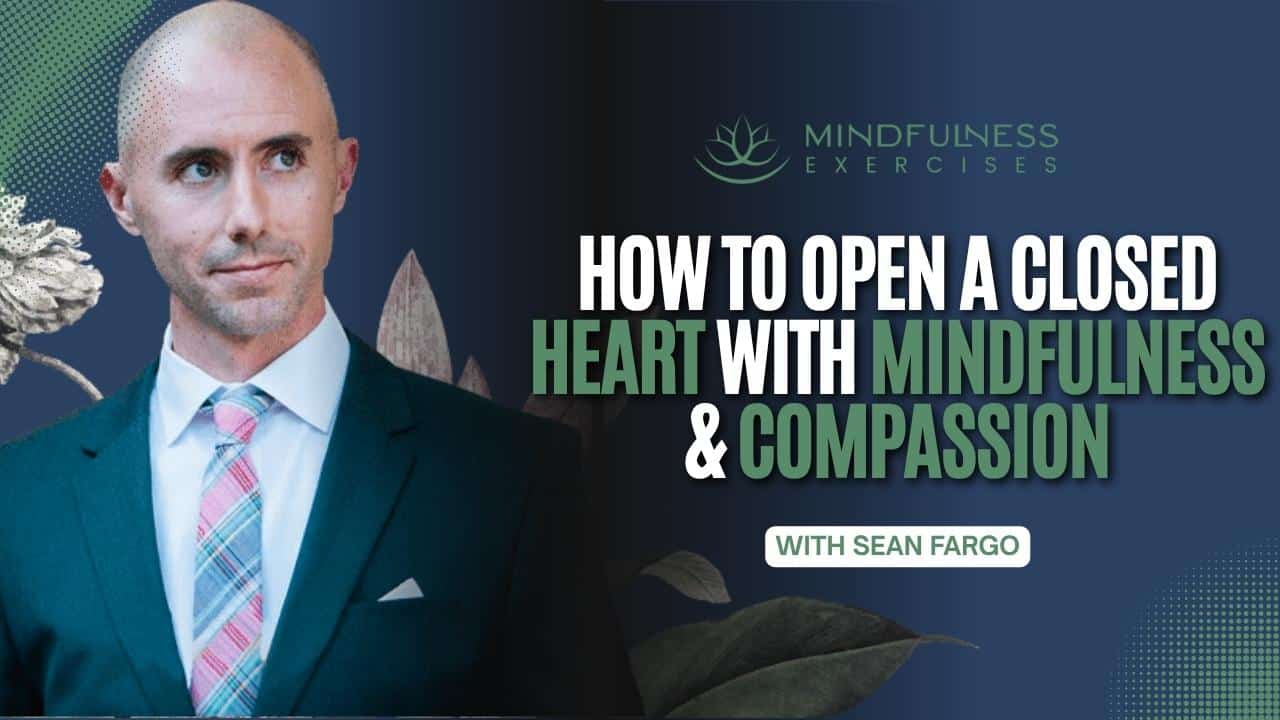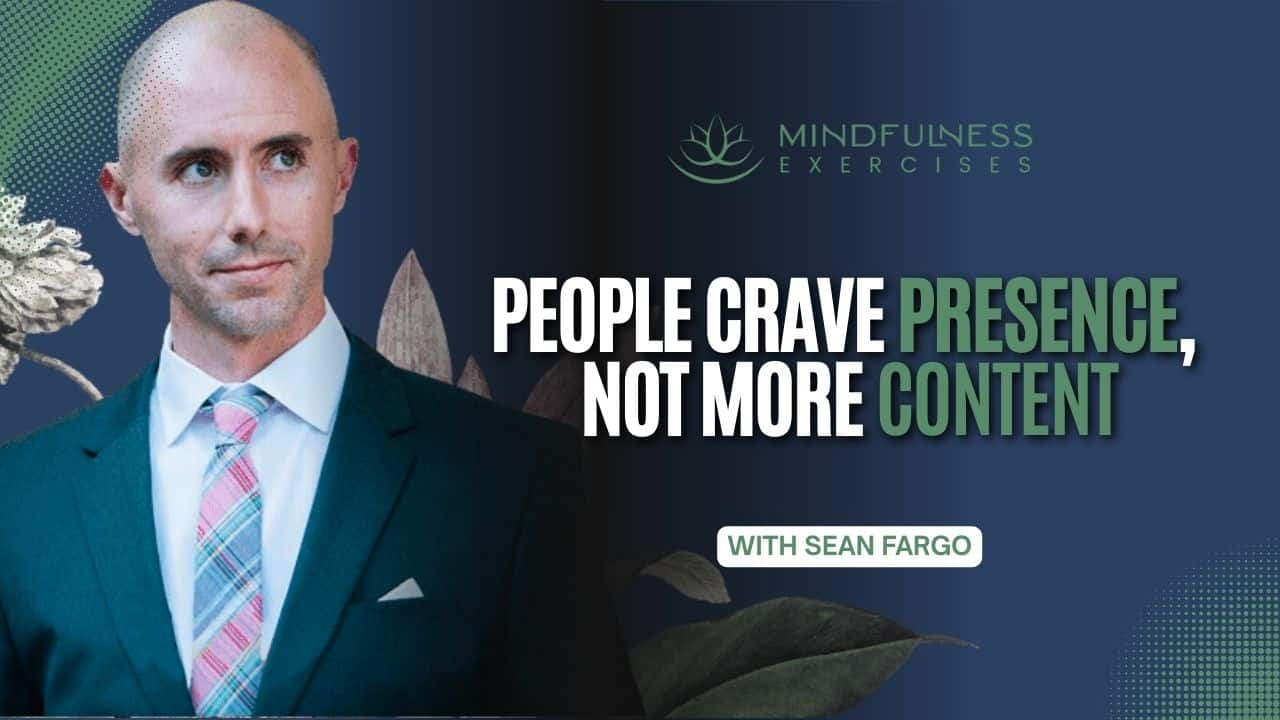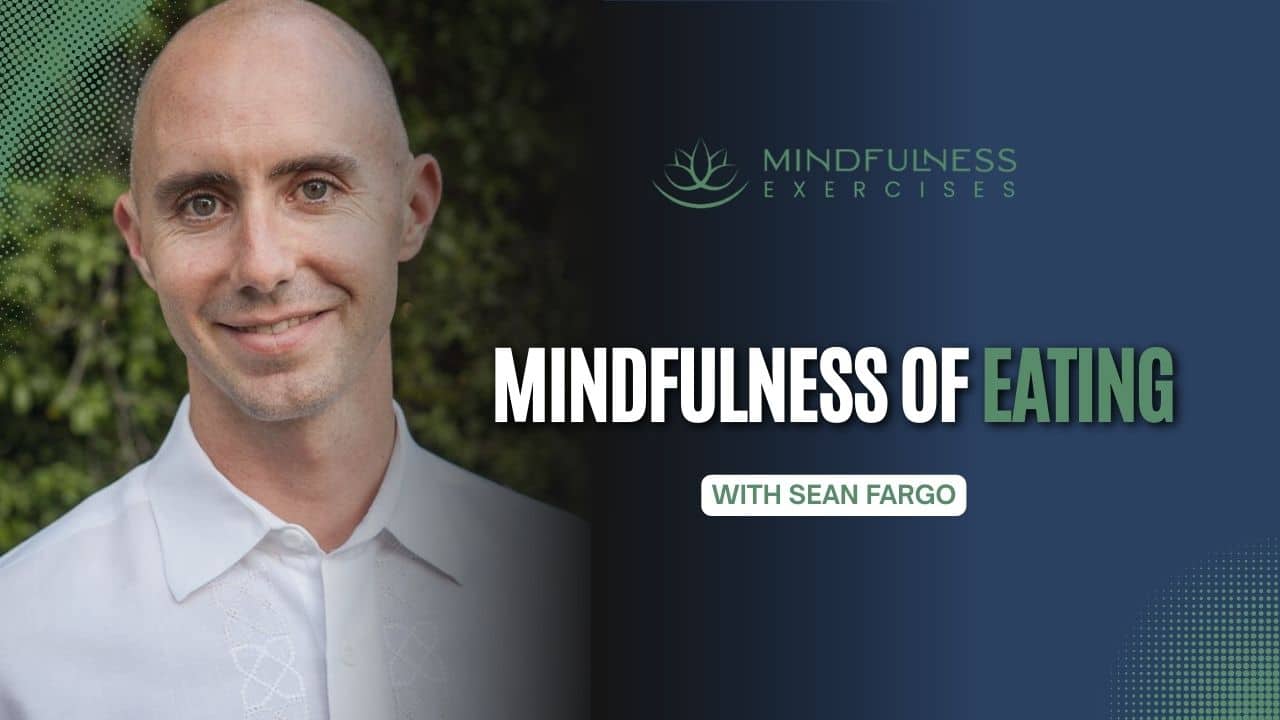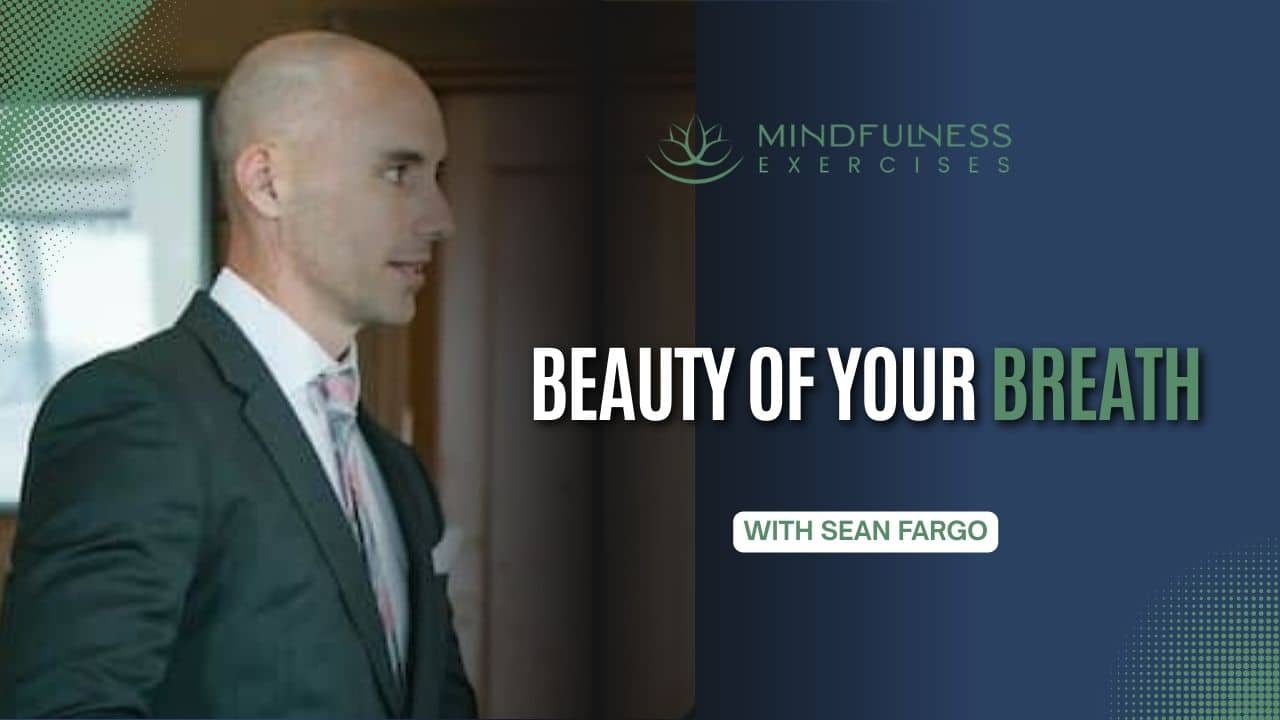Listen now

What do you do when you’re in a room full of people carrying emotional heaviness, closed hearts, or inner pain? As mindfulness teachers, we’re often faced with guiding others through difficult inner terrain — not to fix them, but to hold compassionate space. In this episode, Sean Fargo reflects on how we can teach mindfulness and meditation in a way that honors emotional sensitivity, especially when people are struggling. He shares insights drawn from personal experience and years of training thousands of mindfulness teachers.
Whether you’re new to leading mindfulness sessions or deepening your practice, this episode invites you to approach others’ pain with compassion, non-judgment, and presence.
Sponsored by our Mindfulness Meditation Teacher Certification Program
certify.mindfulnessexercises.com
What You’ll Learn in This Episode:
Show Notes:
How to recognize and meet the energy of a closed heart
When leading mindfulness sessions, the emotional tone of the group may not always be light or open. Sometimes, a room carries grief, fear, or withdrawal. Sean discusses how to gently acknowledge these energies without resistance, helping both you and your participants feel safe and seen.
Why embracing emotional resistance can be more powerful than fixing it
Instead of trying to change how someone feels, we can offer presence and permission to feel exactly what is. Sean explores how teachers can hold space with a spirit of gentle curiosity — not pushing for openness, but honoring the process of being with closed-heartedness as a natural coping mechanism.
How your own healing influences the way you teach
Sean opens up about his personal evolution as a mindfulness teacher, from guiding self-compassion during his own struggles to leading with more joy and ease as he healed. This self-awareness helps teachers offer more authentic, embodied guidance to others.
Ways to bring heart qualities like compassion, joy, and forgiveness into practice
Through subtle shifts in tone and intention, teachers can cultivate emotional safety and openness in the room. Sean encourages guiding practices that integrate heart-based qualities while still respecting where each participant is emotionally.
The importance of presence, patience, and tenderness
Deep healing doesn’t come from force—it comes from gentle, consistent presence. Sean reminds us that being like a trustworthy friend—simply sitting beside someone in their pain—can be the most powerful support of all.



